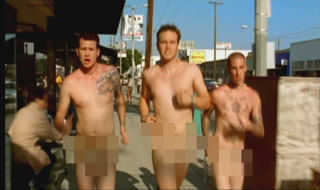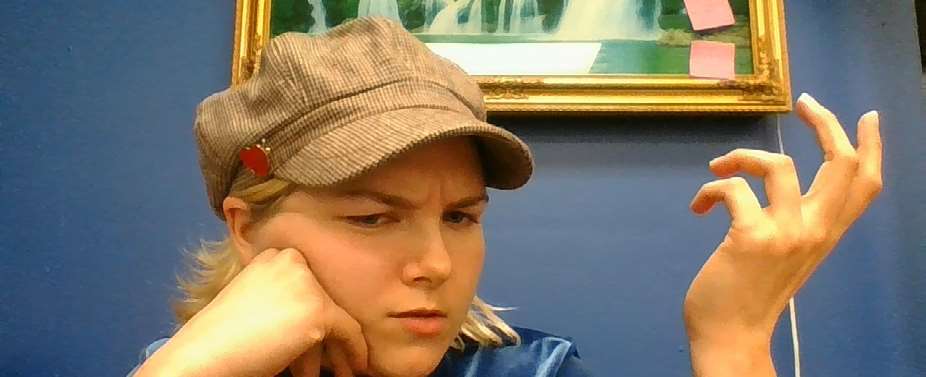 Humour me for a moment as I meander through history.
Humour me for a moment as I meander through history.
In 1969, Katharine Hepburn and Barbra Streisand tied for Best Actress—Hepburn for her role in The Lion in Winter, and Streisand for Funny Girl. Ingrid Bergman presented the award, her shock showing clearly as she haltingly announced that there would be two winners on this, the most competitive night in Hollywood.
Streisand and Anthony Harvey, who was accepting the award on behalf of Ms. Hepburn, walked the short distance to the stage holding hands—and of course, all eyes were on Streisand. It might not have even mattered if Hepburn had been there, with Barbra in her coruscating, transparent, sailor-style suit, which has been lauded as one of the most iconic Oscar outfits of all time. Streisand’s foot caught in her voluminous bellbottoms as she walked uncertainly up the stairs, a humanizing error that preceded J-Law’s Oscar-tumble by decades. She stood to the side as Harvey made some joke or another, her bouffant poking in from the side of frame while he spoke. When the podium was free, she awkwardly applauded Harvey’s speech, glided into frame, gave a slight sigh, and said to her Oscar, “Hello, gorgeous.”
To be perfectly honest, I feel a little like Barbra, as I write my very first Lettitor in my very first issue as Editor-in-Chief. I’m humbled by the fact that I get to guide this newspaper for a year. I’m overwhelmed with the prospect of joining the “pantheon of underpaid editors” as my predecessor Jacey Gibb put it. I’m incredibly proud that I’ve been selected to follow in the footsteps of some of my favourite people around. And this newspaper, which has been a huge part of my life for three years and introduced me to my best friends, is nothing short of a luminescent honour in my eyes.
Now you might be thinking “Who dis bitch, acting like the Other Press is an Oscar?”—and you’d be right: the Other Press isn’t a statue, and it isn’t synonymous with gold or prestige.
It’s the fruits of a labour (mostly of love). It’s the product of a wry, ragtag group that trudges down to the cavernous basement of the Douglas College campus. There, we draft up the one-liners, puns, and seeds of a story that our writers and editors arrive with, calling it our production list for the week. We return to our homes, ready to roll up our sleeves and do that dreadfully arduous, yet dreadfully rewarding, task of writing: sitting in front of a blank screen, slowly filling it up with the Constantia typeface which relays our deepest confessions, and those truths that can only be uttered in 400+ words. These pages slip through edits, the pieces escaping each editor’s clutches with at least a few red marks. Edits gradually fade into production, as graphics are picked and layout is perfected, all to tease eyes and pique interest. We return to the basement for production night, which can go to all hours, slamming back cups of coffee and cans of Diet Coke. The final result is the prime Other Press peaches that get harvested and put on the stands for your word-hungry hands.
It isn’t an Oscar at all, but over the years that I’ve worked for the Other Press, I’ve called it a hobby, a job, an incredible opportunity, a learning space, a teaching space, and a family—it’s all these things and so much more. I’m delighted to get to introduce you radiant readers to each issue on a weekly basis, and to corral said family into a newspaper-producing wonder. I only hope I can do justice to those who came before me, and those who continue to bring this hallowed paper to the halls of Douglas College.
You know what, fuck it: the work and love that go into these here pages make it a goddamn Oscar.
Hello gorgeous,
Natalie Serafini

